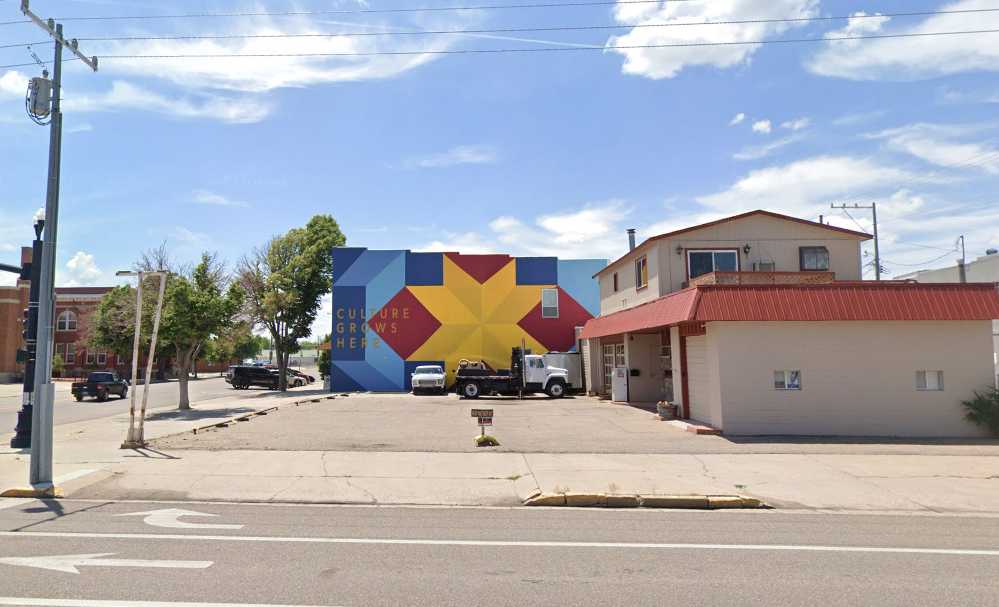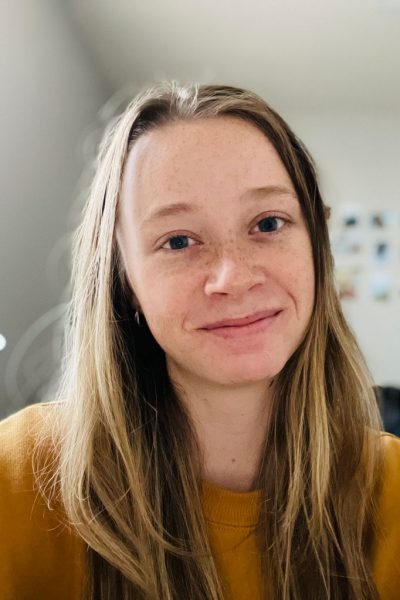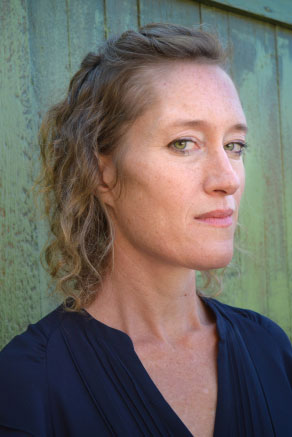
What do you picture when you think of a rural Colorado town? Do you see a quaint main street full of ‘Mom and Pop’ shops, with bells dinging as doors swing against them to welcome old and new customers?
What voices do you hear? English? Spanish?
In Fort Morgan, Colorado there is another and likely unexpected language you might hear – French. More than 1,000 of the Fort Morgan’s residents have immigrated or sought refuge from Africa, the largest French-speaking continent.
“Something that really surprised me when I went to Fort Morgan is that though it's a small city - they only have about 11,000 people - they speak over 27 languages. So, there's incredible diversity there,” CSU Extension intern Abi Somers says.
Most communities, rural or urban, can argue linguistic diversity. In the United States, it’s estimated that 1 in 5 homes in the U.S. have a language other than English spoken at home. According to the non-profit OneMorgan County, more than one-quarter of the population in the rural community speaks a language other than English.
The city’s five square miles offer a substantial look at what it means to navigate in a society when you don’t speak the language, and what that may mean for how your voice is or isn’t heard when you are trying to access healthcare and understand your rights as a patient.
For biomedical science and French double major Abi Somers, the barrier to understanding medical and healthcare institutions and the complications of these systems are compounded when you add a language barrier.
"I think a lot of times you might think you don't have rights to certain things,” Somers says. “It's really important that you are able to speak up and talk about your problems, whether that's with an interpreter or by understanding the care providers properly."
It’s within that intersection of language and equity in access that Somers began her work with the French-speaking population and local medical professionals of Fort Morgan to create a new medical guide that residents can use to gain access to and understand essential services, a project funded by CSU Extension and affiliated and run by OneMorgan County.


Somer’s internship with CSU Extension is part of her senior thesis project. For the project, she has interviewed French-speaking residents in Denver and Morgan County, in fields like teaching and agriculture, as well as with medical professionals in the community.
“My hope is that by creating this guide it will bring more awareness [of the options] for non-English speakers, and hopefully that means either there will be better interpretive services, or healthcare workers will be more equipped to understand different cultures, and hopefully, it will create a more welcoming space for immigrants and refugees,” she says.
Somers’ internship advisor, Associate Professor of French Gretchen Steidley, says, “Think about the medical insurance system, it's very complicated even for native speakers of English. Imagine somebody who is a non-native speaker of English and who doesn't know this culture very well trying to figure it out. It's incredibly anxiety-producing."
Steidley helped connect Somers to the full scope of the patient experience, including the provider to patient scenario and the stress-inducing factors like insurance and cultural differences that Somers might encounter not only in her internship, but in her ambitions to become a surgeon.
Steidley threaded her own high school job as a medical transcriptionist (which has given her an extensive medical vocabulary) with her experiences abroad in Mali, Africa to guide Somers in preparing for interviews and a career in which she may have to navigate cultural differences with French speakers from Africa that could include social and religious differences.
"Both of my own experiences definitely enabled me to help Abi think about the patient experience and what non-native speakers of English might need to hear from their doctor, things that they might be concerned about, things that might be confusing to them coming from different cultures,” Steidley says.
Somers' work with Extension falls within the Language for Specific Purposes program in the languages department, a new option for language concentrations that are directly associated with career and industry paths, and in the case for Somers, that's medical school.
“My goal is to become a surgeon, and I would like to use the French that I've learned to either work abroad in a French-speaking country or somehow use it here in the United States,” Somers says.
Somers believes that language barriers impact how residents see themselves in their community, which in turn impacts how they see themselves represented and their voices heard. To counter some of that language inequity, Somers hopes her work can continue in Morgan County as other CSU students studying French can continue to improve equity and gain voice for these underserved populations, and that a bridge where all voices, regardless of language, can be held up together in our communities.
“Even though we are in an English-dominant country, there are a lot of other people here that speak a lot of different languages, and in order to make it a more inclusive environment, and in order to celebrate that diversity, we need to be able to accommodate that community as well,” Somers says.

